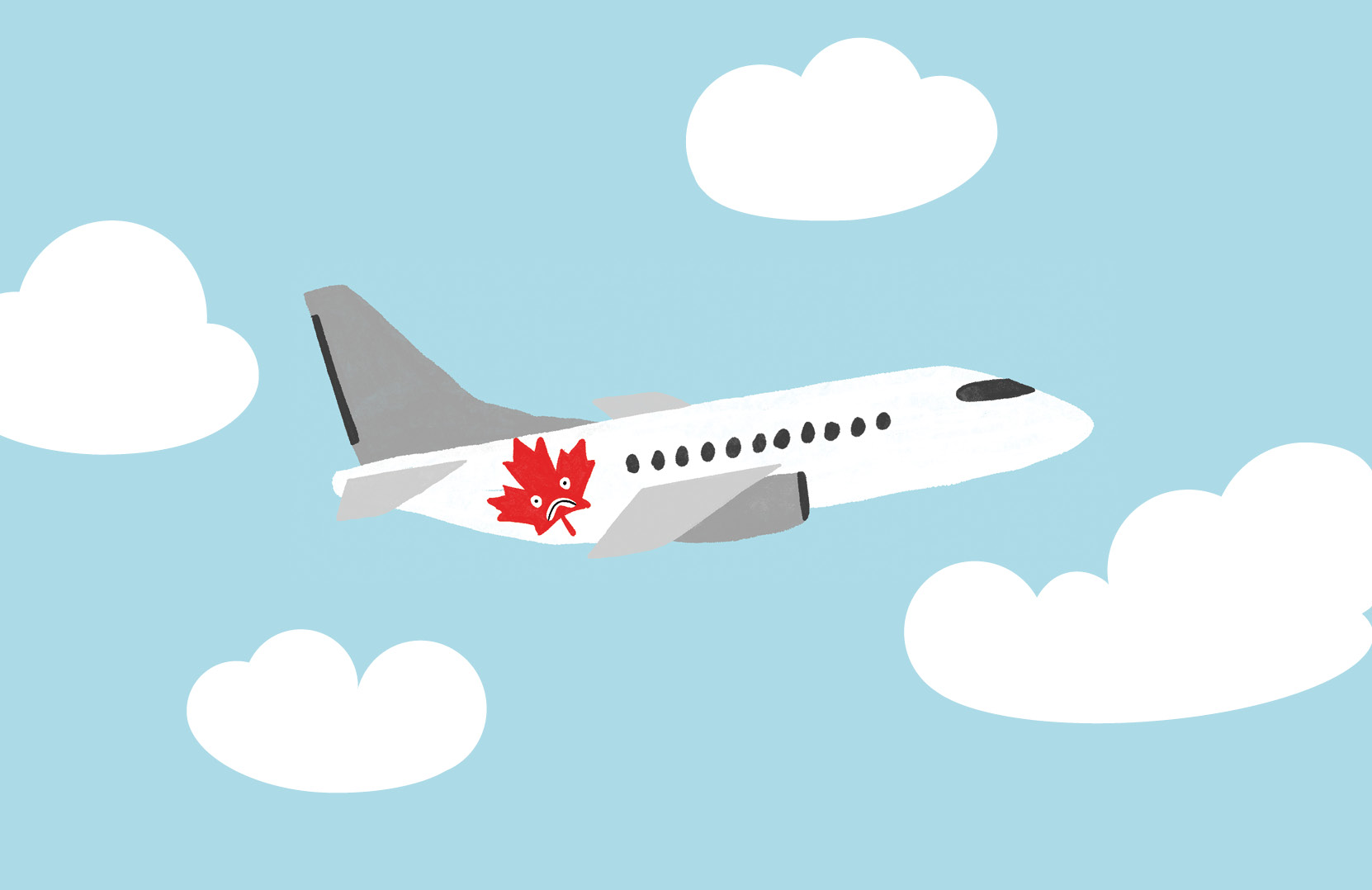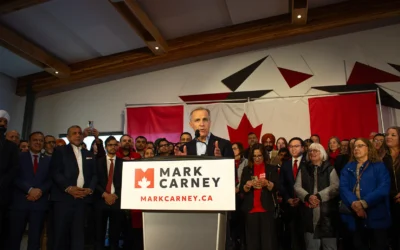Air Canada has taken a lot of well-deserved heat over the past few months. The company has continuously promoted leisure travelling, even as public health guidelines, most health experts, and general sense of how diseases work are telling you not to.
Most of the airline’s ads are typical, telling you about special offers to certain destinations, or new ways to earn Air Miles. Some of them are particularly egregious, and seem to promote travelling specifically to escape public health rules, such as one about Hawaii titled, “All sunshine, no quarantine.” “Canadians can be exempt from quarantine and dive directly into island life,” the ad reads. The worst was the campaign to hire travel bloggers to promote Air Canada in posts about their own vacations, as was recently reported by the Globe and Mail.
“Thanks to @aircanadavacations booking a Flight & Hotel package is so convenient,” reads a Dec. 6 Instagram post by Daniel Reyes, while a Dec. 1 blog entry on his website discusses how supposedly safe he feels travelling, and how you can supposedly travel safely too.
The campaign appears to have worked, too. “You guys are making me think twice about travelling! I miss it so much,” commented @diannedraffiek75 on the Instagram post. “This looks very doable. I’m glad you felt safe!! Enjoy your trip!” commented @ missrebeccaj. “I had to travel so many times and Aircanada is so clean and careful. I felt safer than ever!” commented @cricippo, who totally isn’t getting paid by Air Canada too. Less anecdotally, CTV News recently reported that more than 4,000 Canadians travelled to Hawaii over the holidays.
This sucks. Not only is the well-being of these people — who are apparently at the ready to be duped into literally putting their life on the line by some guy on Instagram — at stake, but so are the well-beings of everyone they come into contact with. The World Health Organization has continuously recommended against all non-essential travel since the pandemic began, since this is an easy way to circumvent the varyingly effective national disease prevention strategies of different countries, and because travelling puts you into close contact with a bunch of people who clearly have not been isolating themselves. This is why travel restrictions are always near the top of the priority list for countries around the world.
Air Canada’s behaviour shouldn’t be shocking, however.
For one, travel restrictions are bad for profits, and Air Canada’s stakeholders have wasted no breath on letting us know. Back in July, then-president and CEO of Air Canada Calin Rovinescu published a webcast urging the federal government to relax travel restrictions, saying they were “stifling the return to a more normalized aviation environment … and quite frankly, stifling economic recovery,” in the face of a reported $1.752 billion second-quarter loss.
Elsewhere in the pandemic, the company has refused to refund tickets for COVID-related flight cancellations, sold middle seat tickets against social distancing recommendations, and demanded a public bailout for their lockdown-related losses, even as they received the most of any publicly-traded company from the Canada Emergency Wage Subsidy.
Even before the pandemic, Air Canada was pretty bad for profit-seeking at the expense of customers. I’m not just talking about the functionally endless stories of people being abandoned after getting bumped from an oversold flight with no replacement service, which, according to an employee who spoke to CBC last year, is not just a frequent mistake but part of the company’s official internal policy. There is also the simple fact that round-trips to Vancouver, for example, start at over $228 — not counting all the extras you get dinged with like baggage fees and seat-selection fees. This number may not sound high to you, but this is because Air Canada flights have been expensive for so long that we have become desensitized. In actuality, Canada is among the most expensive countries to fly in the world.
The fact is, since Air Canada was privatized in 1989, giving away a vast fleet of airplanes and a complex logistics network that was built up almost entirely on public funds, Air Canada hasn’t done much for flyers. Mass transportation is difficult to make profitable, and private airlines have to sell expensive tickets and overbook flights in order to do so.
In other words, Air Canada’s goal as a business is not to get you to where you need to go safely, but to sell as many tickets as possible at the highest price they can get away with, and this remains true even in a pandemic. When health and safety standards demand people travel as little as possible, it makes perfect sense that Air Canada’s response would be to downplay health and safety standards.





0 Comments